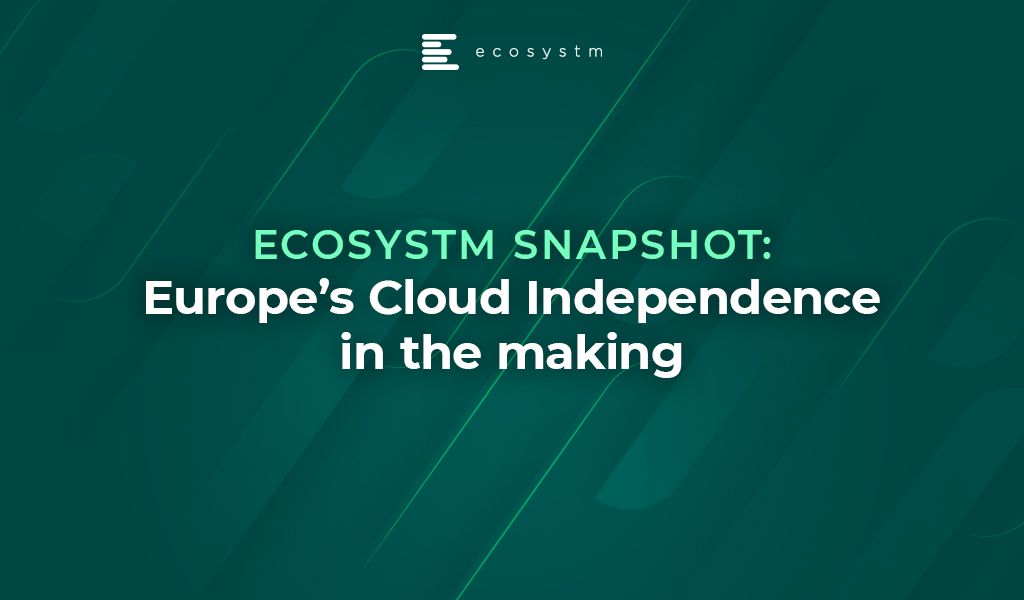
The global cloud market is dominated by AWS, Microsoft, IBM, Google, and Alibaba, all of whom are strengthening their grip on the global market. Their continued dominance means that over time, organisations reliance on them will rise.
In order to reduce the dependency on American and Chinese cloud providers, and to counteract mounting data security and privacy concerns, France and Germany are drawing plans to strengthen Europe’s data infrastructure.
The countries announced a proposal to boost Europe’s cloud computing sector in the form of a homegrown, and government-backed, data infrastructure project to establish a safe and sovereign European data infrastructure.
Last month, France recruited tech companies Dassault Systemes – a French software company and OVH – a privately held French cloud computing company to provide plans to break the dominance of U.S. cloud companies.
To serve as an alternative to American and Chinese cloud providers and enable innovative business models, Germany and France have collaborated on developing the core concepts of the European cloud network, called Gaia-X, before trying to get other European countries to join early next year. As a part of Gaia-X, the cloud participants will be required to certify their customers’ information security – e.g. where it is stored and how it is processed. Germany has formed a broad alliance of associations and companies, including Siemens, SAP, Deutsche Bank and Deutsche Telekom for the European cloud project. Claus Mortensen, Principal Advisor at Ecosystm said, “the project is focusing on security at its core and the idea of certifying customers could further help ensure data security and data privacy.”
Mortensen continued, “so far, cloud uptake in Europe has trailed other regions – especially North America and a number of countries in Asia. Whether or not these projects will succeed depends on several factors: the political will behind the project, whether the process becomes overly complicated and lengthy and whether the different companies involved can cooperate when needed.”
Mortensen added, “there is nothing wrong with countries in the EU building cloud infrastructure and issuing tenders for private companies to build this infrastructure – as long as the tenders have followed EU rules and they provide non-discriminatory access to this infrastructure. In the end, it will come down to how the infrastructure is managed and who owns it.”
French and German government officials are set to meet this month, where other interested companies will be invited to provide their inputs. The aim is to create a governance structure for the initiative before the end of the year.
Another goal of pushing homegrown cloud platforms is to support European companies in their development of AI and algorithms and to help them protect against the marketplace which is becoming the domain of a few big vendors.
“The existing cloud giants have technical know-how and readiness, so competing with them will not be easy unless the project can differentiate in ways other than the typical selling points such as price, scalability, granularity, etc. The political backers of this project may be relying on the ‘Made in Europe’ case, but I doubt that will be enough to persuade the bulk of future potential customers” said Mortensen. “More choice is always good for customers and if an objective of this project is to increase cloud uptake in Europe, this would certainly help.”






